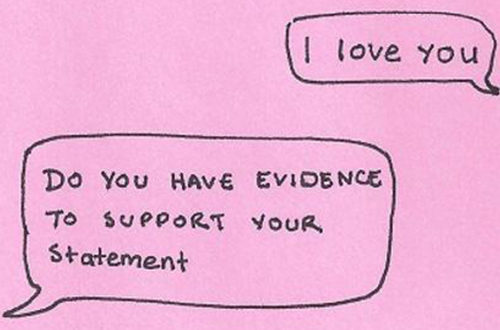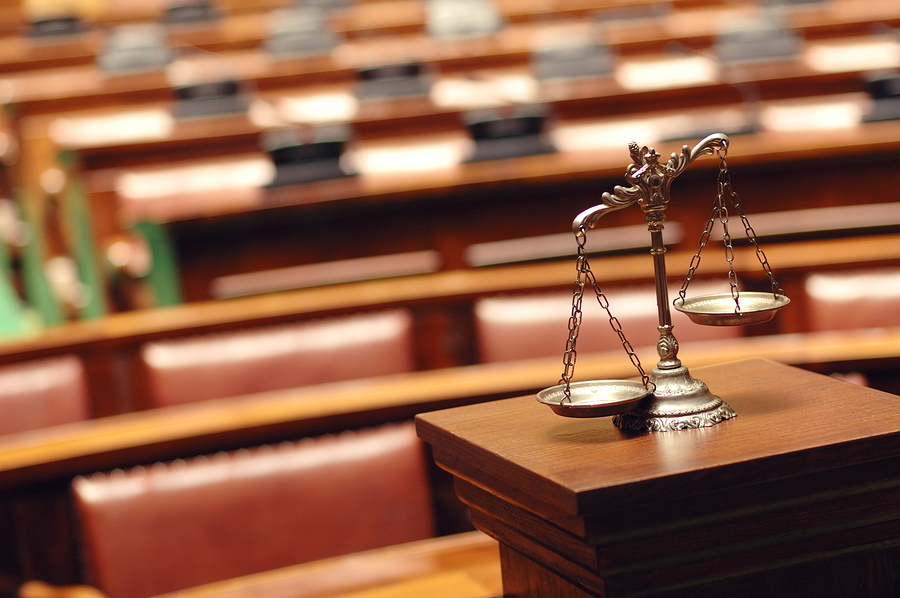American rapper Nipsey Hussle was tragically murdered on March 31, 2019, outside of his clothing store, Marathon Clothing, in Los Angeles. The word “Marathon” was used in several areas of Hussle’s professional career, including a record titled “The Marathon Continues,” released in November 2011. While Hussle owned several trademarks for various “Marathon” terms and phrases during his life, he never obtained a trademark for “The Marathon Continues.” Soon after Hussle’s untimely death, Crips LLC—an entity related to the California-based gang—swooped in and applied to register the trademark. Less than two weeks later, Hussle’s brother Samiel Asghedom also applied to register the trademark on behalf of Hussle’s estate, acting in his capacity as the executor of Hussle’s $4.1 million estate.
While Crips LLC initially stated it would withdraw its application and avoid a legal battle, the organization instead continued using the phrase, and Hussle’s estate ultimately took legal action. In October 2020, the Hussle estate sued Crips LLC and sought monetary damages as well as a court order that would require the organization to cease use of the phrase and destroy any merchandise depicting the phrase. After a five-month legal battle, Hussle’s estate and Crips LLC settled the trademark dispute last month. The terms of the settlement have not yet been released.
North Carolina law governing the administration of a decedent’s estate provides that the “collector” of an estate—“any person authorized to take possession, custody, or control of the personal property of the decedent”—has a duty to maintain and defend actions on behalf of the estate. Hussle’s brother, as executor of Hussle’s estate, was likely acting pursuant to a similar duty under California law when he brought the trademark lawsuit against Crips LLC on behalf of the Hussle estate. Like Hussle’s trademark claim, certain causes of action can survive the death of a decedent. North Carolina law provides that upon the death of a decedent, civil actions brought by or against the decedent survive the decedent’s death, and the personal representative or collector of the estate step into the decedent’s place in the lawsuit, with a few exceptions. Civil actions that do not survive the death of the decedent include causes of action for libel and slander (except slander of title), causes of action for false imprisonment, and any causes of action where the requested relief could not be enjoyed upon the death of the decedent.
If you are the personal representative or executor of an estate and need assistance in maintaining or defending a civil action involving the estate, please call us at (704) 457-1010. For more information regarding our firm, attorneys, and practice areas, please visit our website at www.lindleylawoffice.com.




